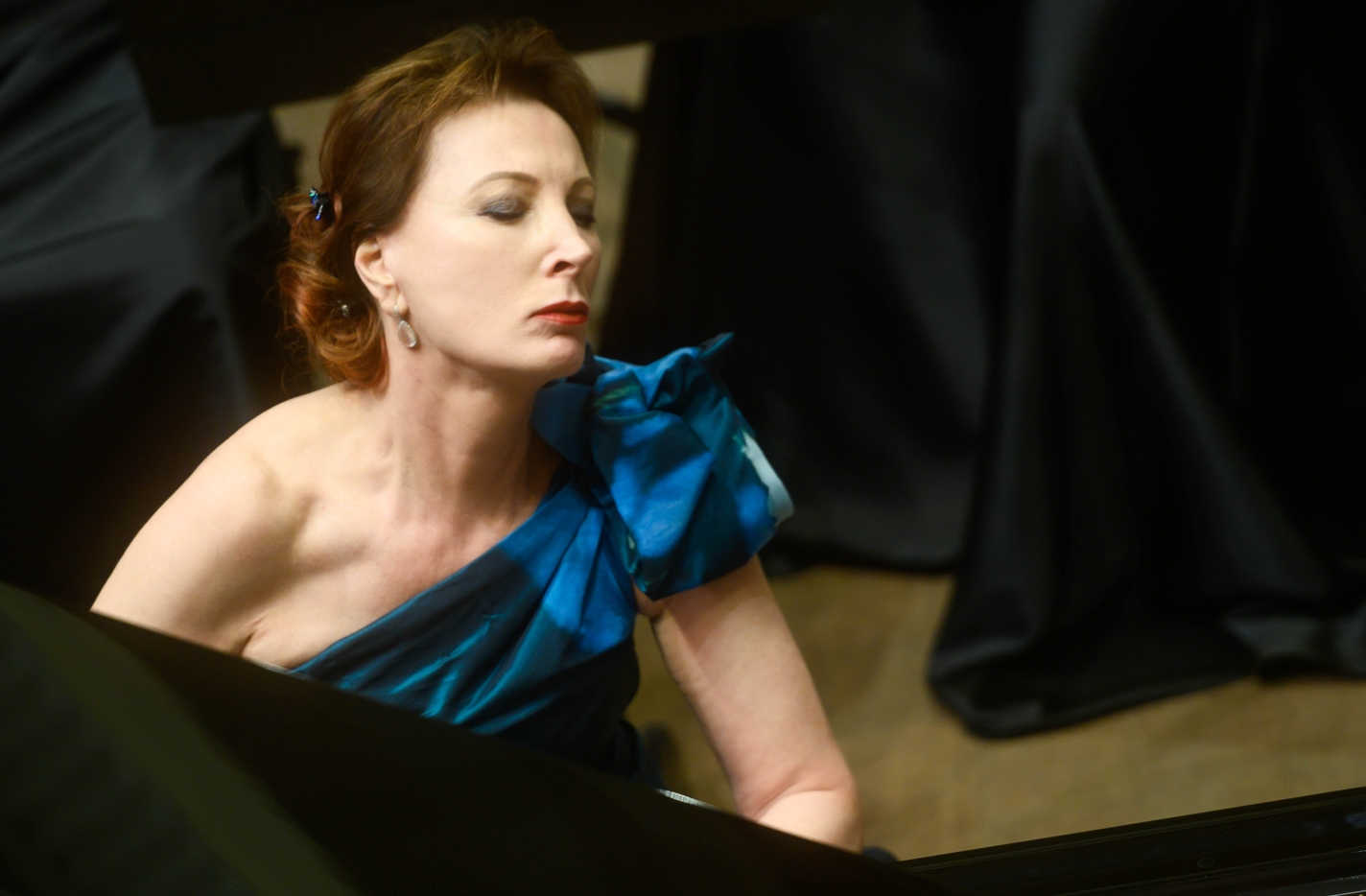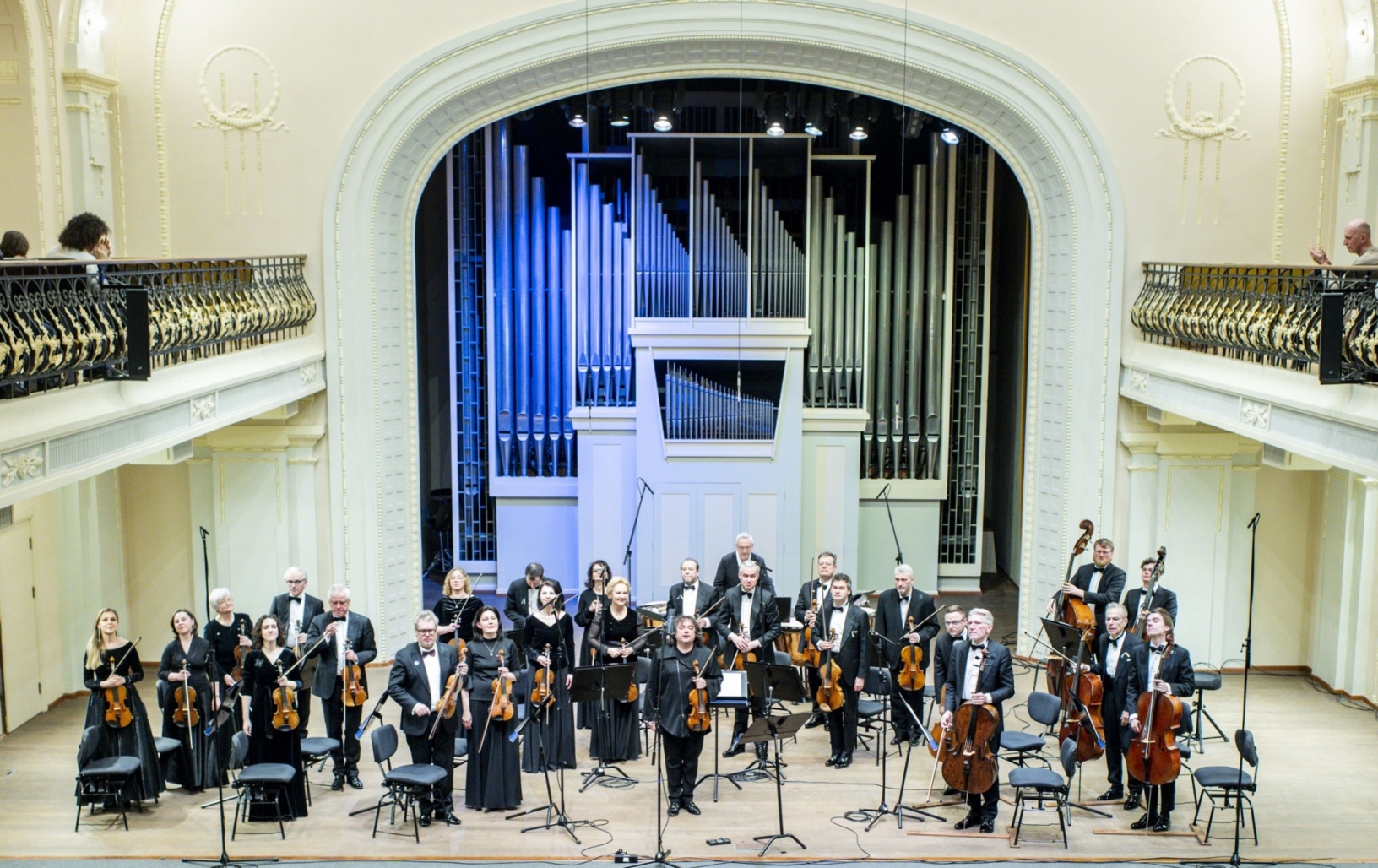Hungarian Soundscapes. LCO, Mūza Rubackytė, Dániel Somogyi-Tóth
Performers
LITHUANIAN CHAMBER ORCHESTRA
(artistic director and conductor Sergej Krylov)
Soloist MŪZA RUBACKYTĖ (piano; Lithuania, France, Switzerland)
Conductor DÁNIEL SOMOGYI-TÓTH (Hungary)
Programme
JOSEPH HAYDN – Symphony No. 12 in E major, Hob. I:12; Concerto for piano and orchestra No. 11 in D major, Hob. XVIII:11
BÉLA BARTÓK – Divertimento for string orchestra, Sz. 113, BB 118
FERENC LISZT – Malédiction for piano and string orchestra, S. 121/ R. 452
About
The concert Hungarian Soundscapes features the Lithuanian Chamber Orchestra, pianist Mūza Rubackytė and Hungarian conductor Dániel Somogyi-Tóth. A recipient of the Lithuanian National Prize, residing in Vilnius, Paris and Geneva, and giving concerts all over the world, Rubackytė will perform two opuses for piano from different epochs and styles – the Viennese classicist composer Joseph Haydn and the great romanticist composer Franz Liszt.
“The programme of this concert revolves around Hungary and the period when it was part of the Austro-Hungarian Empire. Haydn‘s employer was the Hungarian-born Prince Esterhazy, and the music of the Hungarian composer Liszt runs like a golden thread through my biography... I am always full of love for him”, said the pianist, who has been hailed as “one of the best living Liszt performers” by Fanfare magazine (USA). Last spring Rubackytė was awarded the Knight’s Cross of the Order of Merit of Hungary.
Liszt’s Malédiction (c.1840) was only discovered after the composer’s death, when a manuscript of the work was found among his papers. The opus is so named because of the word written above the soloist’s part on the first page of the score. Haydn’s Concerto for keyboard and orchestra No 11, written between 1780 and 1783, is the most popular of the composer’s 12 concertos for this instrument. Its third movement, Rondo all’Ungarese, is a stylisation of Hungarian music. Tonight’s concert will also feature Haydn’s Symphony No 12 in E major (1763) and the Divertimento for string orchestra (1939) by the 20th-century Hungarian composer Béla Bartók.
Conductor Somogyi-Tóth is the artistic director and director general of the Kodály Philharmonic in Debrecen and tours with its resident-ensembles at home and abroad. He has conducted at the Tonhalle in Zurich, the Beijing National Centre for the Performing Arts, the Munich Philharmonic, the Tel Aviv Opera, the Teatro Alighieri in Ravenna, the Hungarian State Opera in Budapest and other venues. As a soloist with the Hungarian National Philharmonic, Somogyi-Tóth frequently gives organ recitals.



